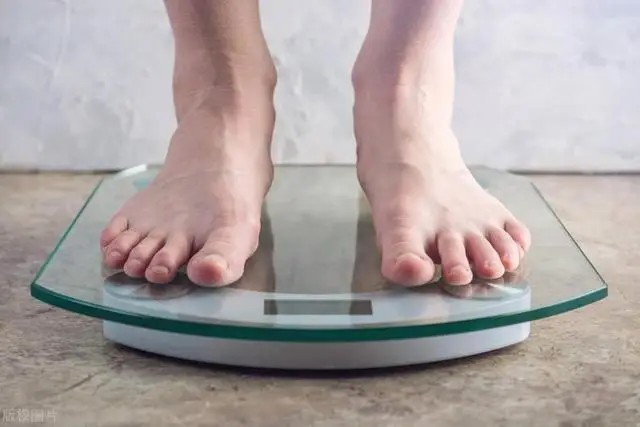
In our daily lives, dinner has become an almost indispensable habit, especially for office workers and housewives, often being the most elaborate meal of the day.
However, in recent years, a trend called “skipping dinner” has gained attention. While this practice is popular in weight loss circles, what impact does it actually have on health? People say it aids weight loss, but could there be more unexpected benefits?
As a doctor with many years of clinical experience, I’d like to share some insights and research about skipping dinner.
1. Unexpected Aid in Weight Management
Many believe the primary benefit of skipping dinner is effective weight reduction. Indeed, eliminating dinner reduces daily caloric intake, offering a simple and direct method for those seeking weight loss.
One patient reported significant weight loss after trying dinner skipping for a period. Despite maintaining her other dietary habits, she achieved her weight loss goals by reducing evening caloric intake.
Research shows that dinner, as the day’s final meal, typically represents our peak calorie intake period. Therefore, reasonably reducing dinner portions or skipping it entirely can aid long-term weight control, particularly for those with abdominal fat accumulation. This practice can effectively reduce visceral fat and improve overall health.
However, skipping dinner isn’t a one-size-fits-all solution. Body adaptation and metabolism rates vary among individuals, so pursuing this weight loss method should be done under professional medical or nutritional guidance.
2. Improved Digestive System Health
An unexpected benefit of skipping dinner is digestive system improvement. When regularly eating dinner, the digestive system must work overtime at night, potentially causing issues like acid reflux and indigestion. Skipping dinner allows the digestive system to rest, reducing nighttime digestive burden.
I once treated a patient with chronic stomach problems who typically ate late dinners and experienced abdominal discomfort, often preventing sleep. After trying dinner skipping for several months, she reported significantly reduced stomach discomfort and improved sleep quality.
Medical examination revealed improved gastric mucosa healing and reduced acid reflux symptoms. This improvement relates to the digestive system’s self-repair mechanism. Digestion requires substantial gastric juice production, which secretes acidic substances. Without evening food intake, gastric secretion decreases, allowing stomach rest and repair, thereby improving digestive health.
3. Enhanced Blood Sugar Control and Reduced Diabetes Risk
With changing lifestyles, diabetes cases are increasing, mostly related to dietary habits. Regular dinner consumption, especially high-sugar, high-fat meals, can cause blood sugar fluctuations, increase insulin secretion burden, and potentially trigger diabetes.
In my clinical experience, many diabetic patients share a common dietary habit of excessive dinner portions. One patient reported significantly improved fasting and postprandial blood glucose levels after dietary adjustment, with more stable blood sugar control.
This isn’t coincidental, as skipping dinner helps reduce insulin secretion pressure, potentially decreasing insulin resistance and diabetes risk. However, diabetic patients shouldn’t arbitrarily skip dinner; dietary adjustments should be based on individual conditions and medical guidance.
4. Better Sleep Quality
Many experience fullness and discomfort after dinner, particularly after overeating, often leading to insomnia. Late or excessive eating affects digestion and subsequently sleep quality.
Many consulting patients report difficulty sleeping or frequent nightmares. Upon examining their medical histories, I often find they habitually eat large dinners. After suggesting reduced dinner intake or dinner skipping, many reported notably improved sleep quality after several months.
Many patients report deeper sleep and reduced morning fatigue. Clinical studies show excessive dinner eating disrupts the body’s biological clock and reduces deep sleep duration, while dinner skipping allows digestive rest, promoting deeper sleep.
Important Considerations
While skipping dinner offers various benefits, it’s not suitable for everyone, particularly:
- Underweight individuals
- Adolescents in developmental stages
- Pregnant women
- Patients with gastrointestinal conditions
Additionally, long-term dinner skipping may cause nutritional imbalances, requiring careful attention to overall nutrient intake.
From weight loss to improved digestive health, blood sugar control, and sleep quality, skipping dinner can offer unexpected benefits when appropriately implemented under professional guidance.

